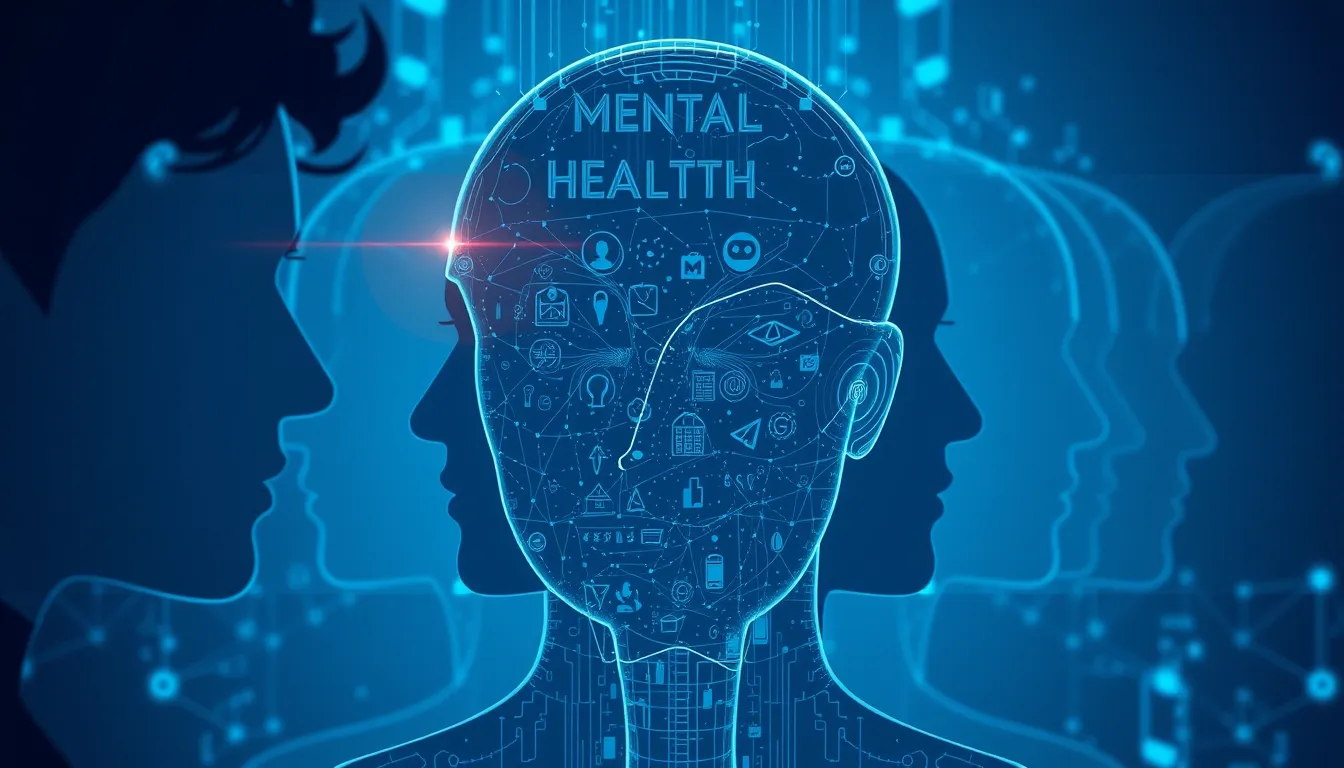Now Reading: Innovative ChatGPT Upgrade: Enhancing Mental Health Safety
-
01
Innovative ChatGPT Upgrade: Enhancing Mental Health Safety
Innovative ChatGPT Upgrade: Enhancing Mental Health Safety

Innovative ChatGPT Upgrade: Enhancing Mental Health Safety
The world of artificial intelligence continues to evolve, and the latest ChatGPT upgrade from OpenAI is setting new standards in ensuring mental health safety. This update comes in response to growing concerns about how AI interacts with users during times of emotional distress. With a focus on detecting mental distress signals, the upgrade not only aims to provide creative utility but also to offer a compassionate safety net for vulnerable individuals.
The Drive for a Safer ChatGPT Experience
Recent reports and expert opinions have highlighted that, while ChatGPT has revolutionized how we interact with AI, there remain potential pitfalls when its outputs inadvertently reinforce harmful emotional states. The innovative ChatGPT upgrade introduces enhanced mechanisms to detect signs of mental distress. This development comes at a time when mental health issues are of paramount concern in our increasingly digital world. By integrating advanced algorithms and human oversight, OpenAI ensures that the chatbot’s responses are safe and supportive.
How Does ChatGPT Detect Mental Distress Signals?
One of the most critical aspects of the upgrade is its ability to identify patterns in language that indicate mental distress. The new system employs a two-pronged approach:
- Algorithmic Modifications: The upgrade leverages state-of-the-art machine learning techniques to analyze conversational context. These modifications help pinpoint language that may suggest symptoms of depression, suicidal ideation, or other mental health challenges.
- Real-Time Human Oversight: Complementing these algorithmic changes is an increased human oversight, ensuring that when distress signals are detected, the responses are not only contextually accurate but also empathetic. This safety net is critical for users in vulnerable situations.
Key Features of the ChatGPT Upgrade
- Enhanced Detection Algorithms: More sophisticated pattern recognition methods enable the system to pick up on subtle cues related to mental health issues.
- Integrated Safety Checks: The upgrade includes improved safety checks that immediately trigger support protocols, safeguarding the user.
- Referral to Reliable Resources: When distress signals are recognized, the system guides users to trusted mental health resources, such as the National Institute of Mental Health (NIMH) at https://www.nimh.nih.gov.
- Transparent Disclaimers: OpenAI has incorporated clear disclaimers regarding the limitations of AI advice, ensuring users are aware that the tool is not a substitute for professional help.
Algorithmic Modifications and Safety Enhancements
This ChatGPT upgrade is not just about implementing new technology—it is a comprehensive rethinking of how AI interacts in sensitive conversations. By incorporating long-tail strategies like “how does ChatGPT detect mental distress signals,” the update provides detailed insights into its operation. The integration of refined algorithmic approaches significantly improves the chatbot’s ability to handle delicate mental health scenarios, ensuring that responses are both safe and informative.
Moreover, these modifications are informed by continuous feedback from both users and mental health professionals. This collaboration ensures that the system remains responsive to real-world concerns and adapts quickly to new challenges. OpenAI’s proactive stance demonstrates a commitment to ethical AI development while embracing the innovative potential of technology.
Collaboration with Mental Health Experts
In addition to technical upgrades, OpenAI has partnered with academic institutions and clinical experts. This collaborative effort helps to calibrate the sensitivity levels of the system, ensuring that the chatbot responds appropriately in crisis situations. The goal is to maintain a balance where the AI continues to serve as an effective tool for information while acting as a safety guardrail for those in need.
Future Directions and Implications
The implications of this ChatGPT upgrade extend far beyond the realm of technical improvements. As AI systems increasingly permeate our daily lives, the integration of mental health safety measures is vital for responsible innovation. The dialogue between technology and mental health is just beginning, and initiatives like this set the stage for future advancements in AI safety.
Looking ahead, OpenAI plans to refine these features further. Ongoing research and real-world testing will continue to enhance the system’s ability to detect and respond to emotional distress. Users can expect a smoother, more empathetic interaction experience, and mental health professionals remain optimistic about the support this technology provides.
Conclusion
In summary, the ChatGPT upgrade stands as a significant leap forward in combining technological innovation with compassionate safety measures. By focusing on detecting mental distress signals and integrating robust algorithmic modifications, OpenAI is not only improving the functionality of ChatGPT but also prioritizing the well-being of its users. This balance of creativity and responsibility sets a new benchmark for AI safety. As this upgrade rolls out, it invites us all to look forward to a future where technology supports mental health with sensitivity and precision.
For more detailed information about the upgrade and OpenAI’s commitment to user safety, visit the official OpenAI website at https://www.openai.com.
The journey towards safer AI is continuous, and this upgrade is a promising step in harmonizing technology and mental health. By proactively addressing concerns and implementing advanced safety protocols, the new ChatGPT upgrade promises to redefine how AI can responsibly interact with diverse user needs.

























